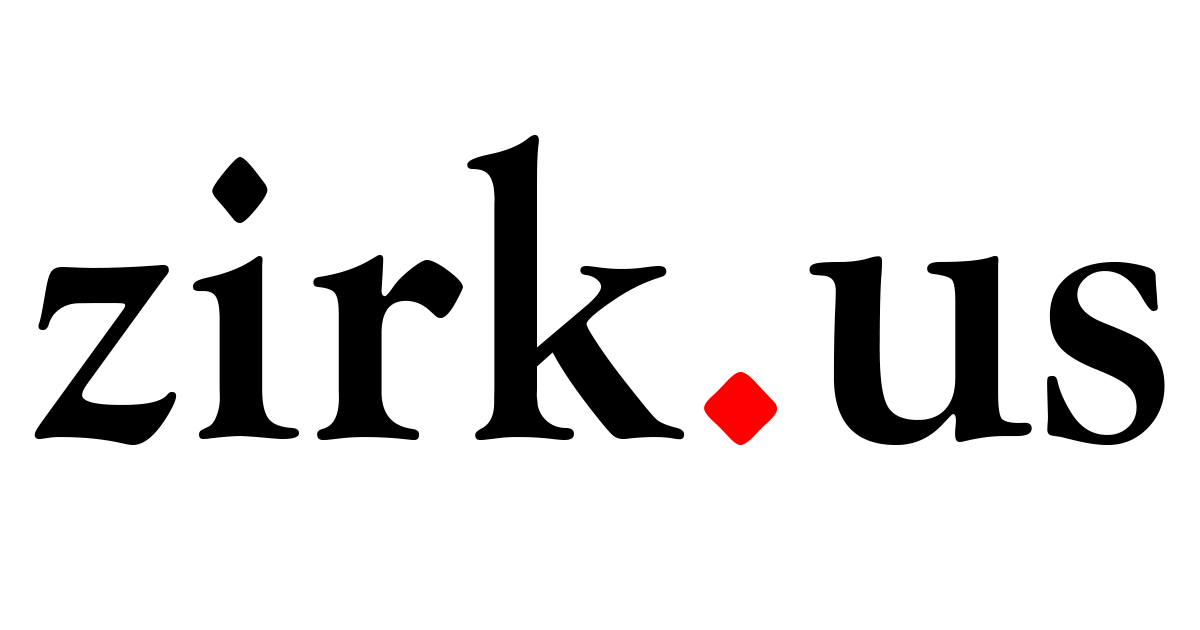"Welcome to our Elon Musk favorability polling average. Just like with President Trump’s approval ratings, we’ll update this several times per week with every new Musk favorability poll.
Sometimes, you’ll find a quick note here analyzing the latest trends. But Musk is polled less often than Trump and doesn’t make the news as frequently. So during slow weeks, we might not have much to say about Musk’s favorability.
As of today, 53.5 percent of Americans have an unfavorable view of Elon Musk and 39.6 percent have a favorable view. And Musk’s numbers have been on a downward trend — especially since Trump took office. In early January, his net favorability rating was dead even at -0.2 percent. Could the trend reverse if Musk leaves the government? Watch this space to find out. -NS & EMD, 4/11/25
Elon Musk was once fairly popular. But his numbers have inverted as his support for President Trump has increased and particularly since he became a “special government employee” and the de facto head of DOGE. Although Musk may eventually leave the government, he’ll remain an exceptionally important and controversial public figure even if he does. Until then, he could be a liability for Trump because he’s less popular than the president is even as Trump’s numbers have also declined."
https://www.natesilver.net/p/elon-musk-polls-popularity-nate-silver-bulletin




